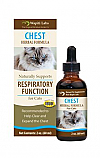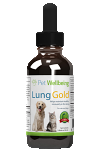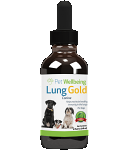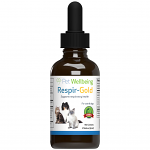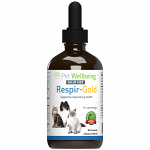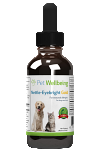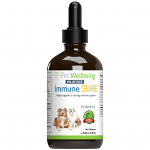Healthy Lung Blend
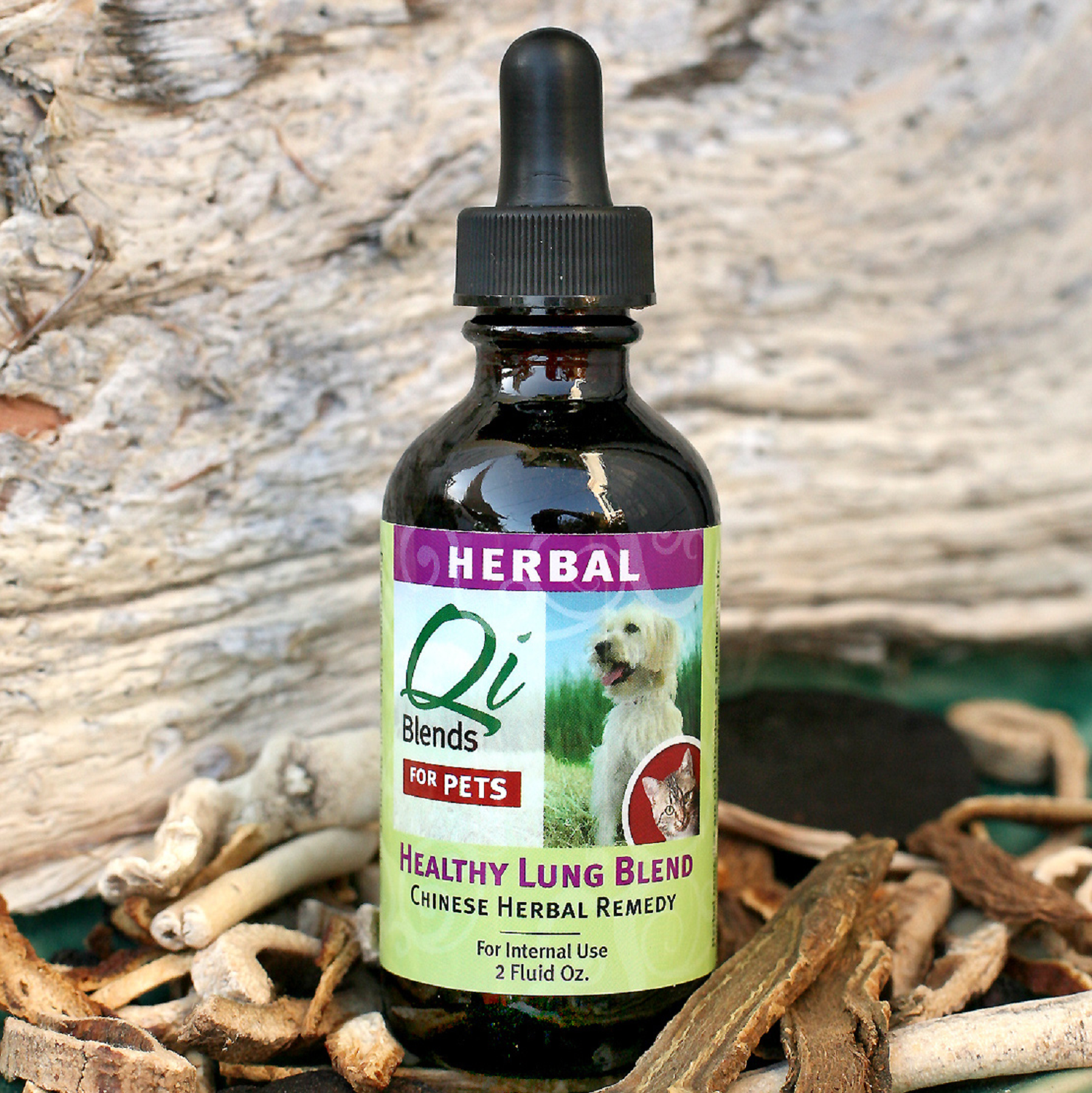
Healthy Lung Blend
| SKU | QB140 | |
| Brand | Qi Blends for Pets | |
| Unit Size | 2 fl oz | |
| Recommendations | Directions & Dosage Treatment Course – As a general rule, the longer an animal has suffered with a health problem the longer it takes to resolve. Some conditions heal within a week or two. Others require longer treatment. If treatment is given for more than two weeks, we recommend treating for 8 days on and two days off. Mix blend into food. Refrigerate when open. Because of the sweet flavor of the glycerine in our blends, most pets enjoy the taste. Some may need the herbs to be mixed into wet food. Dosage 1-25 pound cats and dogs – 10-15 drops, 2-3x/day
A squeeze of the dropper bulb fills it about halfway up. This is considered a “dropperful.” Herbal remedies are not intended as a replacement for professional veterinary care. If you think your pet may have a health problem, please consult a veterinarian. If side effects occur or symptoms persist, please discontinue use and consult your vet. |
|
| Description | For Dogs & Cats: For the treatment of – DescriptionIn Chinese medicine, natural remedies for coughs in dogs and cats focus on two root causes. One of them is a deficiency or weakness in the Qi of the Lung. This leads to weak sounding coughing, panting, or shortness of breath.*
The second root cause is an excess. This is when there is a build-up in the energy of the Lung of something that shouldn’t be there. An example of an excess pathogenic factor is phlegm which disrupts the flow of Qi in the Lung and leads to coughing and wheezing. Another excess pathogenic factor is heat that could come from an internal imbalance or could come from a virus or bacteria.* Healthy Lung Blend is what is called a “harmonizing” remedy. It treats deficiency and excess at the same time. There are herbs which supplement the Qi and treat the deficiency, as well as herbs that clear heat and transform phlegm, treating the excess.* The Chinese medicine treatment principles of the blend are to – |
|
| Ingredients | Chai Hu (Radix Bupleuri), Huang Qin (Radix Scutellariae Baicalensis), Dang Shen (Radix Codonopsitis Pilosulae), Huang Qi (Radix Astragali Membranacei), Shu Di Huang (prepared Radix Rehmanniae), Sang Bai Pi (Cortex Radicis Mori Albi), Jie Geng (Radix Platycodi Grandiflori), Jing Jie (Herba Schizonepetae Tenuifoliae), Zi Wan (Radix Asteris Tatarici), Bai Qian (Radix Et Rhizoma Cynanchi Baiqian), Bai Bu (Radix Stemonae), Ban Xia (Rhizoma Pinelliae Ternatae), Chen Pi (Pericarpium Citri Reticulatae), Da Zao (Fructus Zizyphi Jujubae), Wu Wei Zi (Fructus Schisandrae Chinensis), Gan Cao (Radix Glycyrrhizae) in a base of pure vegetable glycerine, water, and organic alcohol (total alcohol content less than 4%). |
|






